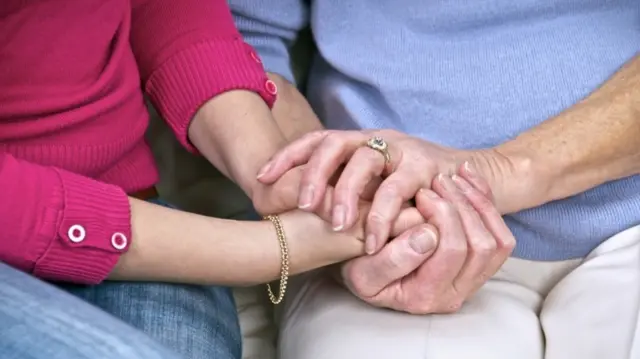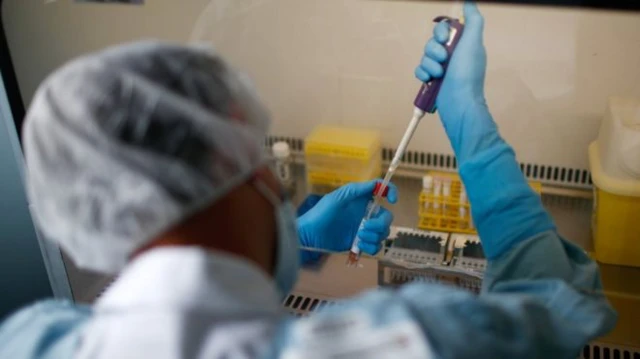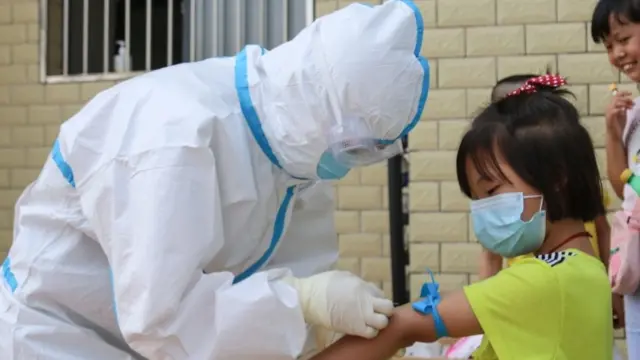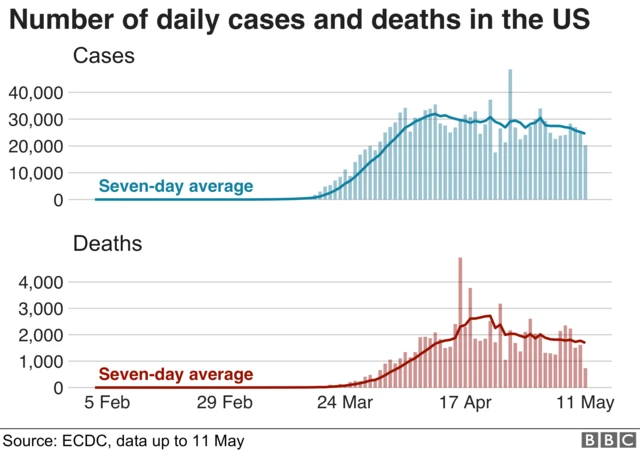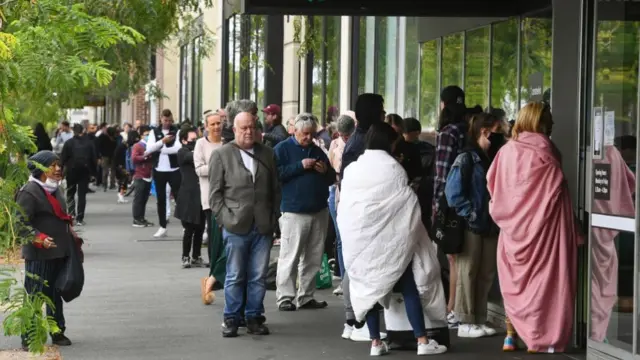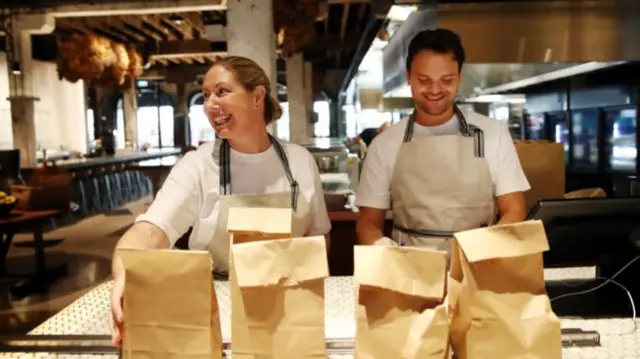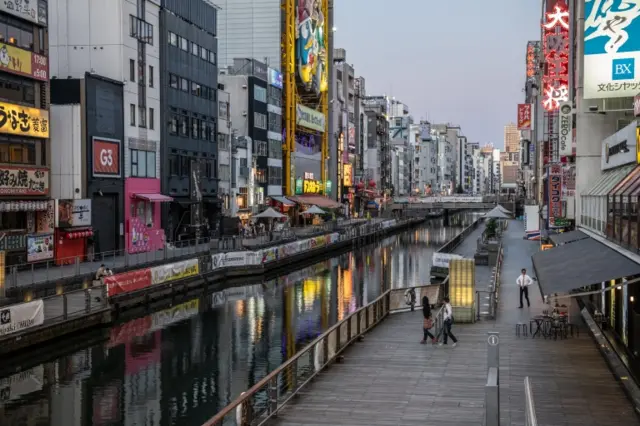UK expats left stranded in Fiji until end of Junepublished at 04:10 BST 14 May 2020
 Alex Regan
Alex Regan
BBC News
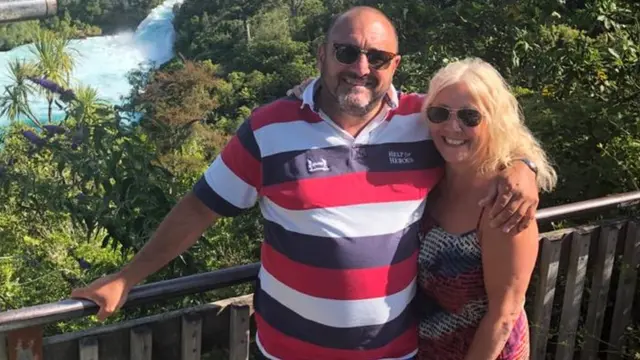 Image source, Abdulla Mohsin
Image source, Abdulla MohsinAbdulla Mohsin and Catherine David moved to New Zealand in January 2019, and have been stranded in Fiji since March
Two British nationals "stranded" in Fiji say permission to return to New Zealand has come six weeks too late.
Abdulla Mohsin and Catherine David, originally from Derbyshire, went to Fiji for their honeymoon before New Zealand, where they now live, closed its borders to most non-residents in March.
Initially, Mr Mohsin and Ms David were told that because they were on a "work to residency" visa, they were not classed as residents, despite living in Auckland since January 2019.
They have now been granted an exception to return to the country but no flights are scheduled until the end of June.
